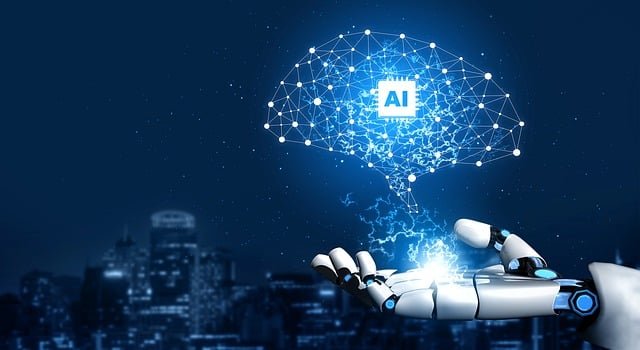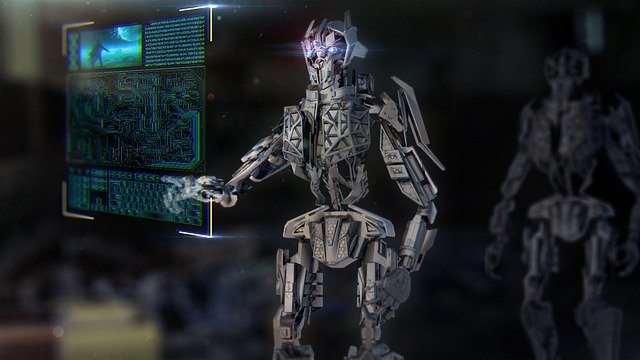As artificial intelligence continues to evolve at a breakneck pace, understanding the various types of AI and their applications has become crucial for both tech professionals and the general public. This article provides a clear and comprehensive overview of the different types of AI, from basic algorithms to advanced neural networks, and how they are shaping industries in 2024.
1. Reactive Machines
At the foundational level, reactive machines represent the simplest form of AI. These systems do not have the capability to form memories or to use past experiences to inform current decisions. One classic example is IBM’s Deep Blue, which defeated chess grandmaster Garry Kasparov in the 1990s. Today, reactive machines are used in various applications, such as basic customer service chatbots and initial stage data processing.
2. Limited Memory AI
Building on reactive machines, limited memory AI can make decisions by observing past data or experiences. This type of AI is commonly seen in autonomous vehicles that use sensors and incoming data to make driving decisions, such as identifying which path to take or when to slow down for a pedestrian. In 2024, this technology is pivotal in improving the safety and efficiency of automated systems across transportation and logistics.
3. Theory of Mind AI
A more advanced type of AI, which is still largely theoretical and under development, is the theory of mind AI. This category represents systems that understand human emotions, beliefs, and thoughts and can interact socially like humans. While fully operational theory of mind AI has not yet been achieved, progress in this area could revolutionize how machines interact with people, offering more empathetic and intuitive user experiences.
4. Self-aware AI
The most advanced and speculative type of AI is self-aware AI, which would have consciousness, sentiments, and self-awareness. While this type of AI remains within the realm of science fiction as of 2024, its potential to think, understand, and feel could represent a significant leap in AI technology, posing profound ethical and philosophical questions about the role of machines in society.
Application Across Industries
Each type of AI has specific applications and potential to transform various sectors. In healthcare, limited memory AI is already being used to improve diagnostic processes and personalized treatment plans. In finance, reactive machines automate routine tasks such as data analysis and transaction processing, enhancing efficiency and reducing human error.
Conclusion
Understanding the different types of AI is essential for grasping the potential impacts and opportunities presented by these technologies. As AI continues to develop, it will undoubtedly introduce new types and expand its influence across more areas of our lives. Staying informed about these advancements is crucial for leveraging their benefits while navigating associated challenges.












1 Comment